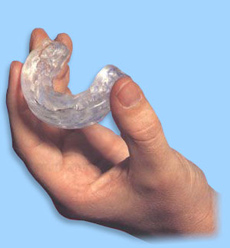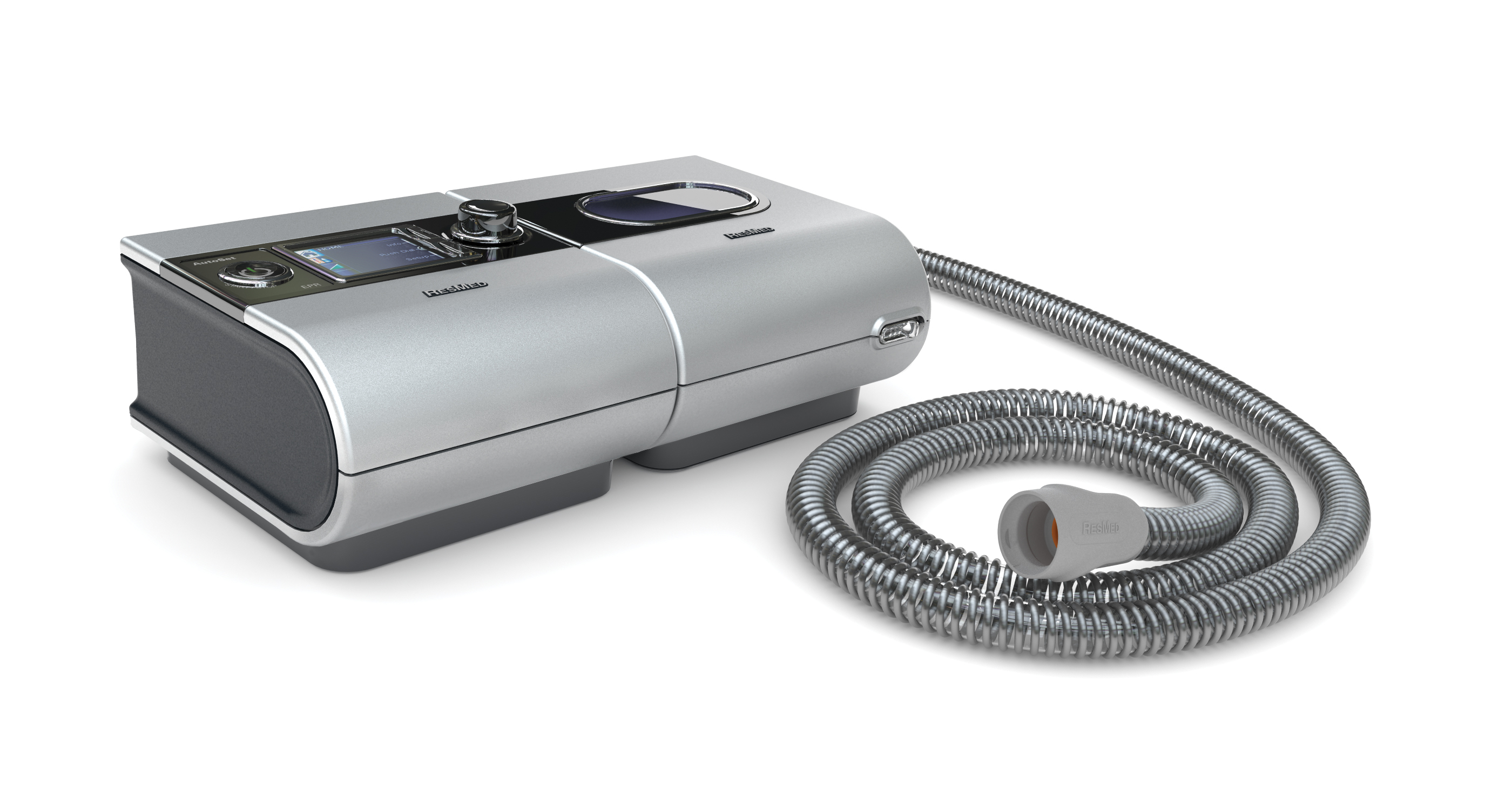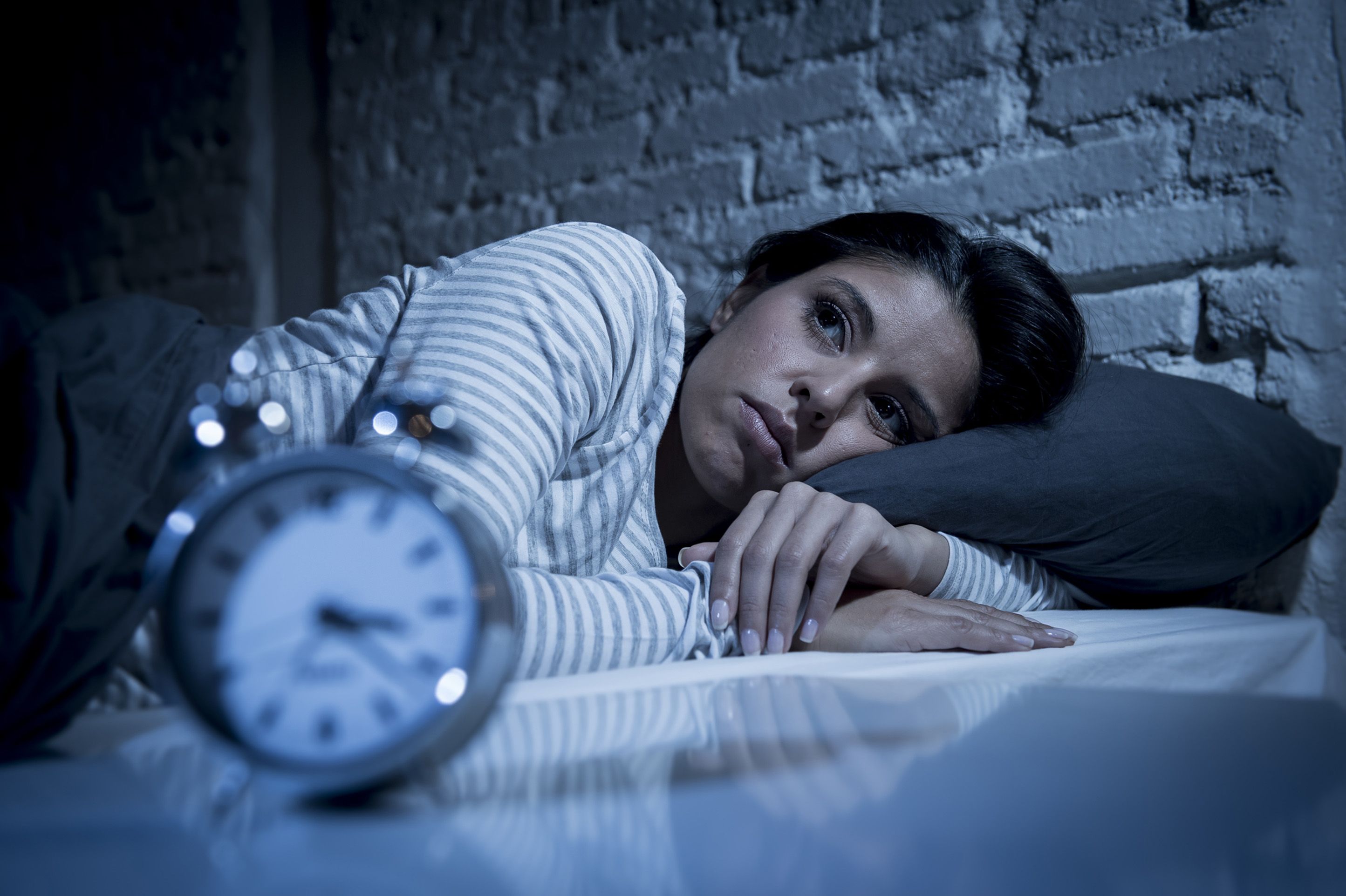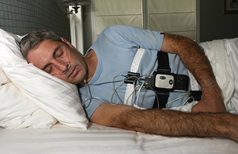Home›Insomnia Causes›Insomnia in Childrenttp://www.w3.org/TR/xhtml1/DTD/xhtml1-transitional.dtd”>
Insomnia in Children.
Learn How to Handle it.
Insomnia in children is not uncommon. As your child grows the less he or she sleeps.
Like adults sleep in children is regulated by the circadian ‘clock’. This clock is located in the suprachiasmatic nucleus (SCN) of the hypothalamus.
This internal clock is regulated by a number of factors including the day/night cycle. When your baby is 6 months, it sleeps a lot but by the time he or she is 6 they sleep only at night.
By the time your child is an adolescent he or she sleeps only 8 hours in 24 hours. Insomnia in children can cause them not to get enough quality sleep.
Their symptoms can include hyperactivity, low mood, aggressiveness, mood swings and irritability, shortened attention span and memory problems.
Causes of Insomnia in Children
Ten percent of healthy children have sleep related problems that is an offset of delayed sleep onset and sleep maintenance problems. One of the major factors that leads to insomnia in children is the environment.
Everywhere around are images of violence, pornography and crime. Never before has these ideals been flaunted so publicly and proudly.
Bullies in school, violent video games and wild music are causing children physiological distress that in turns has insomnia has a symptom.
Alcohol, drugs and other harmful substances are seriously affecting the younger ones, and they seem to be the only refuge children take up to relieve themselves of the mental distress they are experiencing. They communicate less with parents and alienate counsellors.
If a child is going through insomnia due to any of the causes listed above then a change of habits and values is needed. Other issues that might cause insomnia in children include a change of environment, divorce or even a death in the family.
Taking care of children can be much work and children love routine. They want to go bed at particular time, wake at another and eat at another time and so on. Break that routine and there can be problems.
Children with sensory deficit and children with learning disability syndromes also usually have serious sleep problems. Insomnia in children could also be a symptom of depression or attention-deficit hyperactivity disorder.
Types of Insomnia in Children.
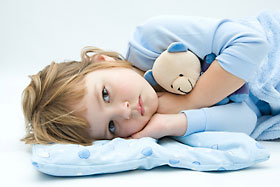
This type of insomnia could occur 3 or 4 times a week. Acute Insomnia is more regular and occurs almost every night. Chronic insomnia is a condition when your child is able to sleep at all, even during the day. At this point you should seek immediate medical attention for that child.
Treatment for Insomnia in Children.
- Diets-As a parent you would have to plan your children’s eating pattern properly. Planning well for their eating habits will help them grow properly and avoid sleep related problems.
- Exercises –Yes, children should exercise no matter how little. I know kids play around a lot and have lots of physical movement but they should be encouraged to engage in stretch exercises for example. This will help the body relax.
- Relaxing Activities –Most of us just leave our kids to handle themselves and explore the world on their own. If your child spends long hours staring at the T.V screen or playing video games especially the violent ones or listening to heavy music like metallic rock, this could affect the child’s psyche.
This is not good for your child’s development.This could lead to insomnia. It is not wise to withdraw the child from such activities at once, withdrawal should be done gradually.
Since nature hates vacuum you could try taking your child for a walk, visiting a close relative together, going to the movies, and even go shopping together instead.Spending more time with your kid will help reduce negative habits that can affect your child’s sleep and finallly cause one form of insomnia or the other.
The Role of Melatonin.
Melatonin is an endogenous hormone. It is chemically related to serotonin. The pineal gland in the midbrain produces it. It can be used to treat insomnia related issues in children. Melatonin can be used in treating insomnia in healthy kids and children with physical orlearning disabilities.
It is safe to use melatonin in the short term but long term usage has not been ratified byhealth professionals. Melatonin is being used to treat sleep issues in children and has recorded a huge success.
Though melatonin is used to treat children with autism spectrum disorders and insomnia, it has also been used to treat healthy kids with insomnia of any form.
Conclusion
Insomnia in children can occur for number reasons. Identifying the source of the problem is always the difficult part. If you are an observant parent it should be easy for you to notice and help your child. For parents it is important to remember that their children do need to go to bed early enough so as to meet their sleep needs.
Between the ages of 6 and 12 children need about 10 to 11 hours of sleep and teenagers need at least 9 hours. Sometimes children and teenagers still have problems sleeping despite going to bed early enough.
This is childhood insomnia for which there are many causes – these include stress, poor sleep habits, obstructive sleep apnea characterized by snoring, asthma and side effects from medications, learning difficulties, and some neurodevelopmental disorders such as autism and Asperger’s Syndrome, and Restless Leg Syndrome. It is important to find underlying causes for insomnia and treat these appropriately where possible.
It is best to avoid drugs wherever possible and to use natural commonsense ways to approach insomnia in the child. Perhaps remove the TV or computer from the bedroom, keep consistent routines and regular bedtimes and indeed stop stimulating activities a half to one hour before bedtime.
Caffeine should be avoided. You can teach the child relaxation methods including diaphragmatic breathing and progressive relaxation, visual imagery and meditation.

